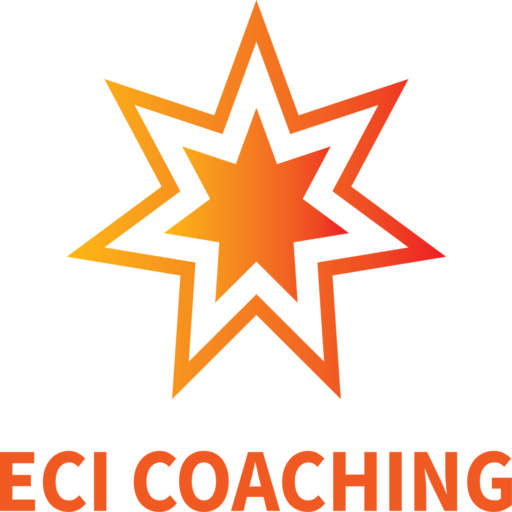What Skills Do You Need to Be a Good Coach?

Coaching has become indispensable for personal and professional growth, impacting individuals and teams across various fields. Whether it is guiding executives to reach their peak performance, empowering teams to achieve ambitious goals, or helping individuals unlock their full potential, skilled coaches play a transformative role in shaping success. But what exactly makes a good coach? Let’s delve into the essential skills that inspire coaches to make a lasting impact.
What Are Coaching Skills?
Coaching skills blend interpersonal abilities that enable effective communication, foster trust, and guide individuals towards their goals. They go beyond everyday conversation and involve active listening, insightful questioning, empathetic understanding, and the ability to motivate and inspire.
Essential Coaching Skills
Here are some of the most crucial skills that every coach should strive to develop:
1. Active Listening
Active listening is the cornerstone of effective coaching. It involves not just hearing the words but truly understanding the coachee’s concerns, aspirations, and underlying emotions, as well as their said and unsaid expectations By actively listening, coaches can tailor their guidance and support to meet the unique needs of each individual.
2. Effective Questioning
Asking the right questions can be transformative. Effective questioning helps uncover insights, challenge assumptions, and foster self-reflection in the coachee. It empowers individuals to discover their own solutions and take ownership of their growth.
3. Goal Setting
A skilled coach guides coachees in setting realistic and achievable goals. They help break down larger aspirations into smaller, manageable steps, creating a clear path toward success and fostering a sense of accomplishment along the way.
4. Empathy
Empathy is the ability to understand and share the feelings of another. In coaching, empathy builds trust and rapport, creating a safe space for vulnerability and open communication. It allows coaches to connect with their coachees more deeply and provide personalized support.
5. Feedback Delivery
Constructive feedback is essential for growth. A good coach knows how to deliver feedback in a way that motivates and encourages development rather than discourages. They focus on specific behaviors and outcomes, offering actionable suggestions and support for improvement.
6. Adaptability
Every coachee is unique, with different personalities, learning styles, and goals. Adaptability is a crucial coaching skill that allows coaches to tailor their approach to meet each person’s individual needs, ensuring a tailored and practical coaching experience.
7. Patience and Persistence
The coaching process requires patience and persistence. Progress may not always be linear, and setbacks are inevitable. A good coach remains supportive and encouraging, helping coachees navigate challenges, stay motivated, and ultimately achieve their goals.
Your Journey to Coaching Mastery Starts Here

Developing strong coaching skills is essential for anyone who aspires to guide and empower others. Whether you’re a professional coach, a manager, or simply someone who wants to improve their interpersonal skills, mastering these abilities can profoundly impact your effectiveness and success.
Take the time to assess your coaching skills and identify areas for development. Consider enrolling in a coaching training program or pursuing ICF coaching certification in Singapore to further enhance your capabilities.
As the pioneers in coach training programs in Singapore, ECI Coaching offers a range of options to equip you with the required skills and knowledge to become an exceptional coach, including achieving ICF ACC certification. But we don’t just stop at providing coach training skills; our proprietary TruCoach methodology focuses on transformational coaching, where the coach and client are personally transformed through our training. Contact us today to learn more and embark on your journey to coaching mastery!

